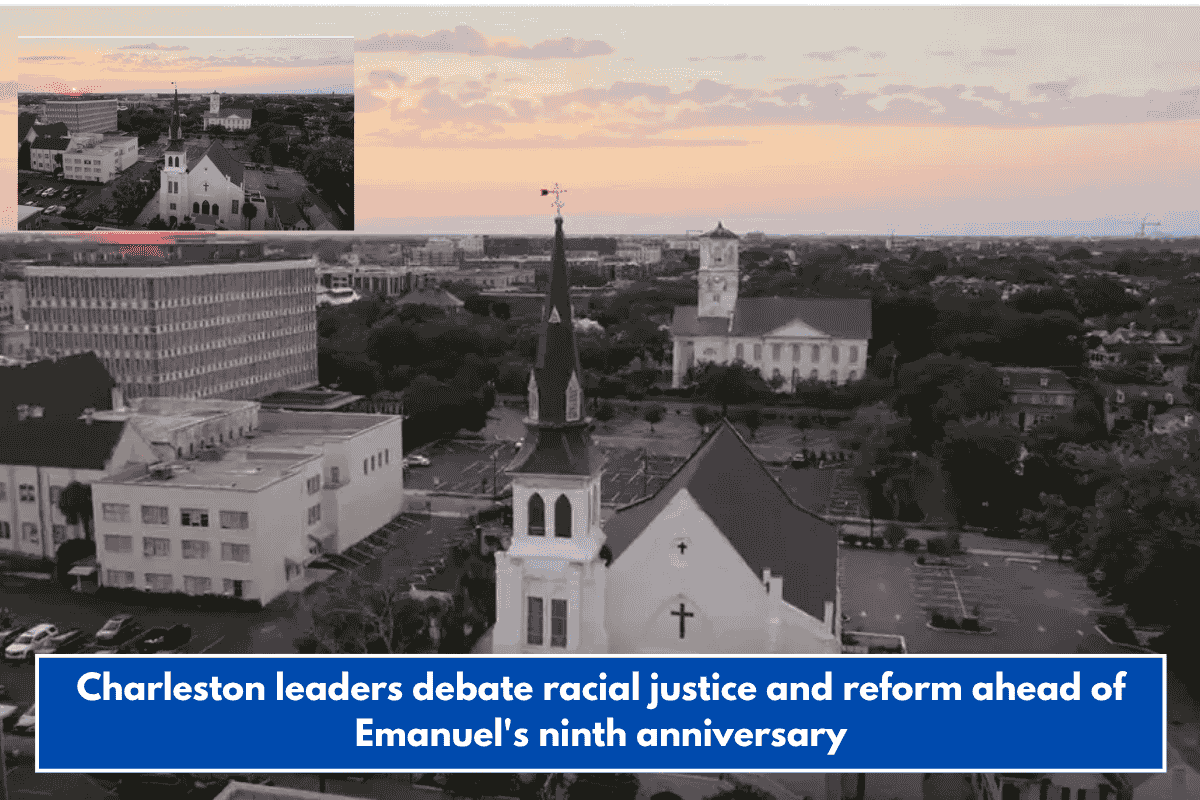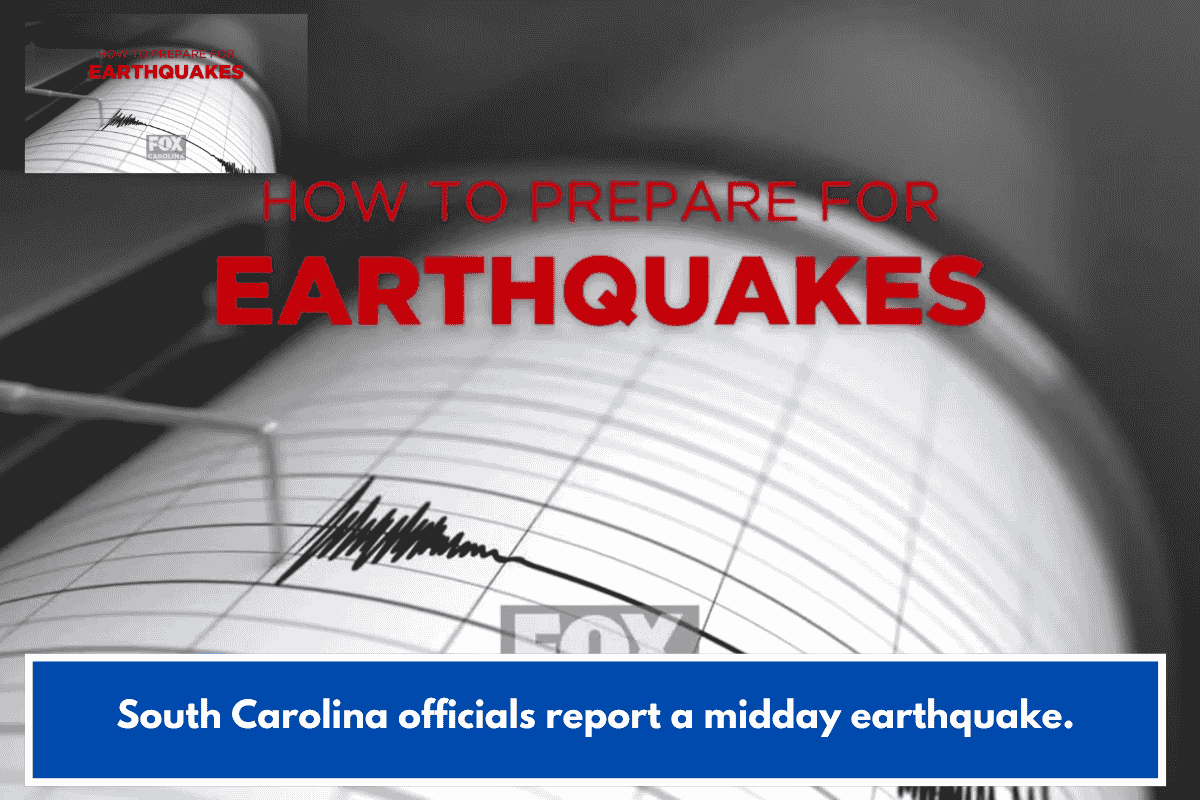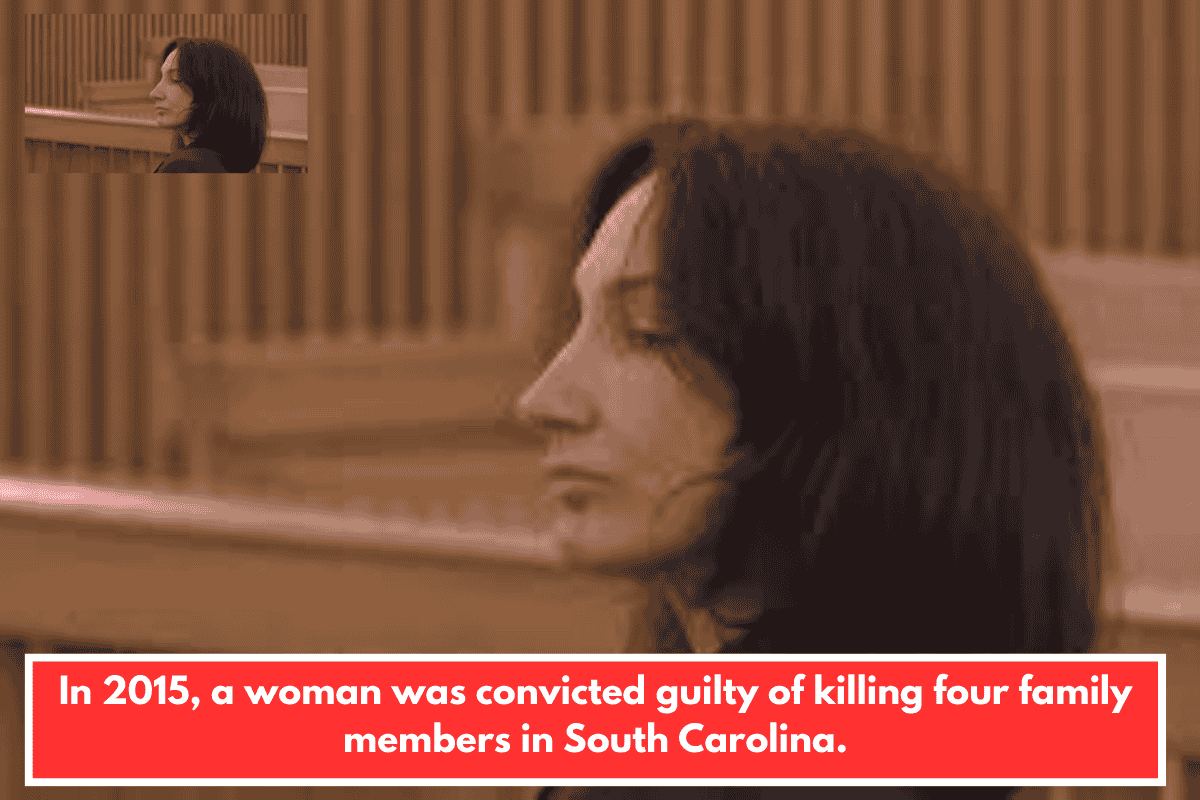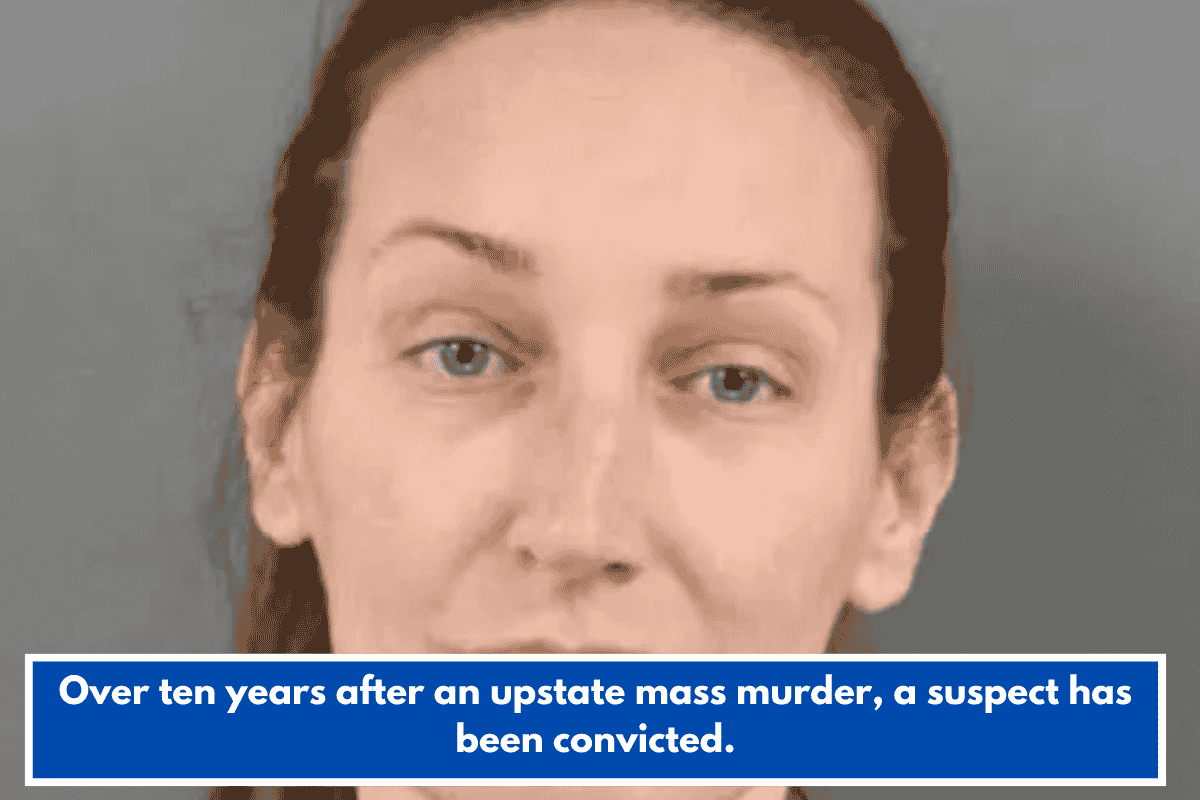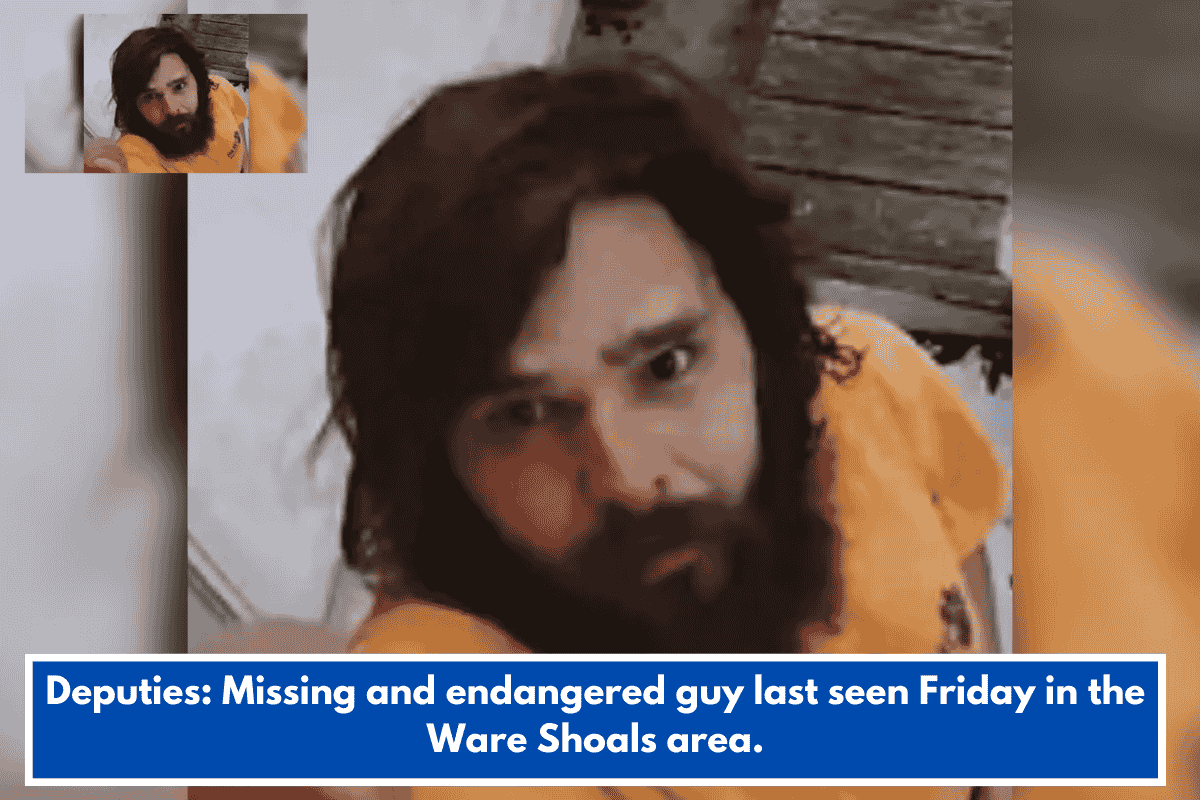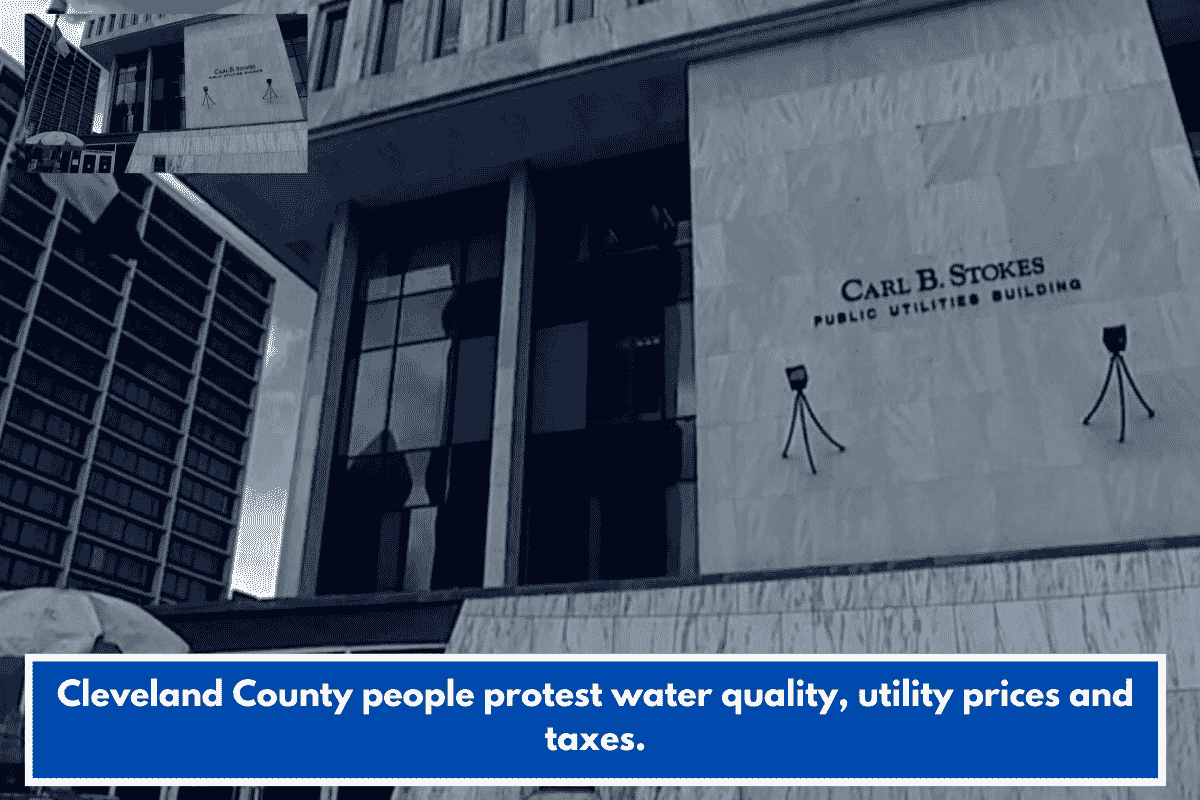CHARLESTON, S.C. — To mark the 10th anniversary of the tragic Mother Emanuel AME shooting, The Charleston Forum hosted two impactful panel discussions at the Charleston Music Hall, focusing on racial justice and disparities in the community. The event sought to honor the nine lives lost in the 2015 racially motivated attack and foster meaningful dialogue around the issues of race and justice in Charleston.
A Call for Empathy and Understanding
Brian Duffy, CEO of The Charleston Forum, opened the event with a call to see the world through someone else’s eyes. “The truth is, not everybody has the luxury to wonder how things are for someone else on a day-to-day basis,” Duffy said. “So, it takes events like this and opportunities like this to really dig in and see how we can make the community better.”
The evening was divided into two panels, one centered on the community and the other on public officials, allowing for a broad range of perspectives on the issues affecting Charleston.
The Community Panel
The community panel featured local leaders and activists, including:
- Reverend Eric S.C. Manning, Senior Pastor at Mother Emanuel AME
- Carl Ritchie, Sheriff of Charleston County
- Marcus McDonald, Lead Organizer of Black Lives Matter Charleston
- Kendra Stewart, Director and Professor at The Joseph P. Riley Jr. Center for Livable Communities, College of Charleston
This panel addressed various aspects of racial injustice, including education and policing. Sheriff Carl Ritchie discussed the importance of annual bias training and emphasized de-escalation techniques in law enforcement, stating, “Everything doesn’t have to be confrontational, compassion is part of the job.”
The Public Officials Panel
The public officials panel featured key figures in Charleston’s governance:
- William Cogswell, Mayor of the City of Charleston
- Scarlett Wilson, Solicitor for the Ninth Judicial Circuit (Charleston and Berkeley Counties)
- Kylon Middleton, Chair of the Charleston County Council
During the panel, Mayor Cogswell acknowledged the significant decline of Charleston’s African American population over the past decade, citing a drop of nearly half. He discussed the city’s commitment to addressing this issue through the development of affordable housing in historically black neighborhoods. “Our objective is now to achieve 3,500 affordable units in our city over the next seven years,” Cogswell said. However, he emphasized that the issue is not just about housing, but about culture. “It’s not an affordable housing issue, it’s a cultural issue,” he added, stressing the need to remember and honor the people who contributed to the city’s history.
A Shared Sentiment: Ongoing Change and Community Action
While the panelists recognized the positive strides Charleston has made in the past decade, they all agreed that continued action is necessary to bring about further change. “I think realistically, the longer it takes for people who care to make a difference to sit on the sidelines, we will never move the needle forward,” said Reverend Manning, highlighting the urgency of continued community engagement.
What’s Next for Charleston?
As part of the 10th anniversary observance, The Cynthia Graham Hurd Foundation for Reading, Literacy, and Civic Engagement will host a National Town Hall titled “What’s the Way Forward: 10 Years After Charleston?” at Mother Emanuel AME Church on Thursday, June 12, at 6 p.m. The event is free to the public, with attendees encouraged to bring children’s book donations.
A Call to Continue the Work
The Charleston Forum’s event provided an important platform for reflecting on the past and discussing the future of racial justice in the city. With shared goals of improving education, housing, and equality, the panelists underscored that while progress has been made, the community must remain actively engaged in making Charleston a place of justice and opportunity for all.

